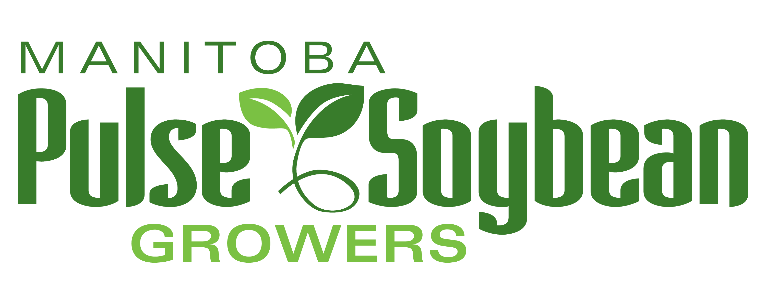Reports of potassium (K) deficiency symptoms in soybeans have recently increased in Manitoba, probably due to the substantial expansion of soybean acreage, increased genetic yield potential for modern soybean varieties, and the large amount of K removed by soybeans during harvest (1.4 lb K2O/bu). However, fertilizer K recommendations for soybeans have not been updated for several decades and furthermore, there has not been any comprehensive research in Manitoba on K fertilization for soybeans.
These field trials will be conducted in parallel with a larger number of MPSG’s proposed on-farm trials that have similar objectives. However, our small plot experiments will include more K rate and placement treatments at each site than in the on-farm trials. Measurements will include soil test K (including ammonium acetate extractions from field moist and air-dried samples for 0-6 inch and 6-12 inch depths), early and midseason plant tissue K and seed yield. University of Manitoba students and staff will also collect measurements from the MPSG’s on-farm trials to understand when and why soybeans respond to K fertilizer so that K fertilization recommendations can be developed.
